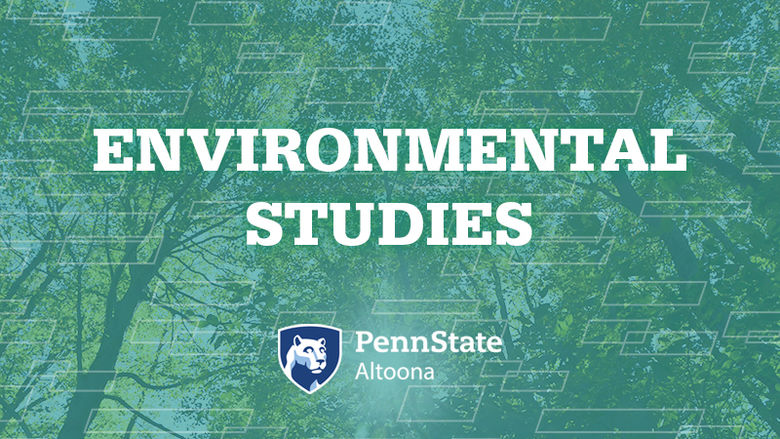How can your internship experience, hard work, and passion turn into a full time job offer?
We asked Tyler Werner, 2016 B.S. in Environmental Studies grad, to share his journey through the environmental studies program and internship experience that led to his current position as program specialist at West Pharmaceuticals Services.
West Pharmaceuticals’ global headquarters is located in Philadelphia, PA, and employs over 7,500 employees across its 30 manufacturing facilities. In his role in corporate social responsibility and sustainability, Werner’s primary responsibilities include developing strategies and goals around social, environmental, and governance topics, including human rights, energy, conflict minerals, diversity, emissions, waste and recycling, etc. For West, he manages global waste mitigation program and engages key customers and investors. He is also responsible for developing the annual corporate responsibility report.
Werner gives full credit to his internships during his years at Penn State Altoona for paving the way to his current position in the company. After high school, he applied to Penn State Berks to major in engineering. Werner transferred twice before landing finally at Penn State Altoona in 2013. It was that same year that he took his first internship position at West in the corporate responsibility role.
“My first internship began in 2013 at [West]. I knew nothing about the company. I didn't know what corporate responsibility was. I had absolutely no prior experience. I applied for the internship under the idea that I would at the least be receiving some level of experience by attending a multitude of interviews. I later received an offer for the internship position over the phone and promptly accepted. The program was 10 weeks long and was very structured. I spent most of my time understanding how a large global business manages the three pillars of social, governance, and environmental issues. A few weeks in, I began working on specific projects under the environmental pillar. Most of these projects required a lot of time understanding data and analyzing it; benchmarking and reporting results back to a team. This was the bulk of my first internship.”
Since the environmental studies program offers both bachelor of arts and bachelor of science options, Werner recognized early on that his interest was in pursuit of the sciences. Proactively setting up the West internship early helped set his academic path and forged his future success. Although he completed his internship at West during his first year at Penn State Altoona, he decided to apply for a second internship with the company in 2014 as he saw the value in what he gained from that first experience and hoped to build on that further.
“My second internship built upon the first. I began diving into the other two pillars—social and governance—and began my first large public-facing project. I had to perform a materiality assessment of West and our stakeholders. There are global standards that guide this process, but this was what really got me interested in the corporate responsibility topic as a whole. I had the opportunity as an intern to work with senior management, the executive team, stakeholders—customers and investors—and employees to determine what topics in the three pillars were most important to our organizations and the stakeholders with whom we interact. I completed my second internship by presenting my results of the assessment and writing a public-facing document explaining the process and results that we had obtained.”
Both of these experiences, but particularly the second internship opportunity, became his driving force to pursue his bachelor of science degree in environmental studies.
“I chose to enroll in the bachelor of science option of the environmental studies program because it supported the requirements that I would need to achieve a job in the field of corporate responsibility. I found that in other majors there was a cookie-cutter approach to the courses that you enroll in to achieve your degree. I didn't mind this until I realized I couldn't find the exact degree I was looking for. Through research and many phone calls to various schools and campuses, I found the environmental studies program at Altoona. The ability to graduate with an environmentally focused degree with strong concentrations in business, economics, and chemistry.”
Fast forward to 2016. Werner graduated with his bachelor of science in environmental studies. The flexibility that the degree program offers made it possible for him to take on a course experience heavily concentrated in the areas of business and biochemistry. Upon graduation, Werner began his full-time employment at West, where it all started.
When asked about his favorite courses at Penn State Altoona, Werner has two courses in mind that helped shape where he is today. In fact, the structure of both courses he has found correlates to his role at the company.
“The first course would be organic chemistry. I’m not sure favorite is the proper term here, but definitely one of the most important courses I have taken. Organic chemistry was challenging, time-consuming, and very outside the box in regards to the thought process. This made it frustrating, but tested every student’s skills in problem-solving and time-management. The second course that really stuck out to me was my biochemistry class for one particular reason—its structure. The class itself and even more importantly, the topic of biochemistry is so structured that I really saw similar effects of this in business. It helped me understand the amount of time, organization, resources, etc. that are required to not only have a successful business but also support a successful business as I do today.”
When asked what his one piece of advise to a student who is currently working through the program would be, Werner shared this:
“Look for an internship and look early. I can’t express how important it was for me to try out different work environments until I found something I truly enjoyed. And don't take your education for granted. Competition for jobs after graduation is only increasing. Find ways to differentiate yourself. The environmental studies program allows you to stretch your education in many ways separating yourself from others.”
Other highlights for Werner:
“Dr. Davis’s poetry, Dr. Emili’s love for dirt (soil), and Dr. Mahan’s guidance along my journey.”
By Erin Nachtman, ’10, Environmental Studies




